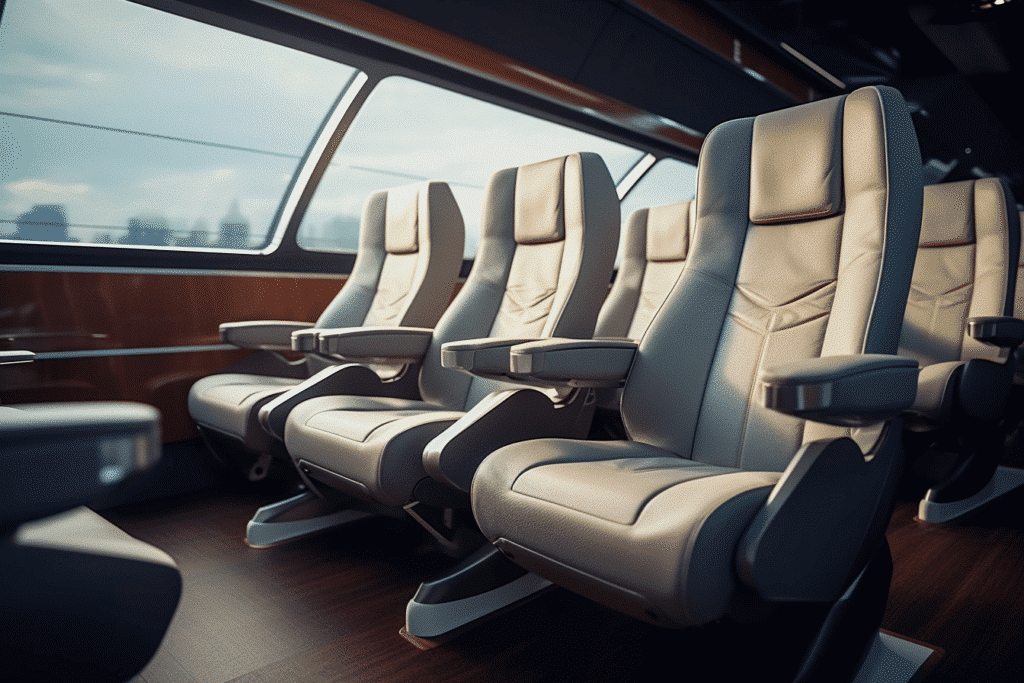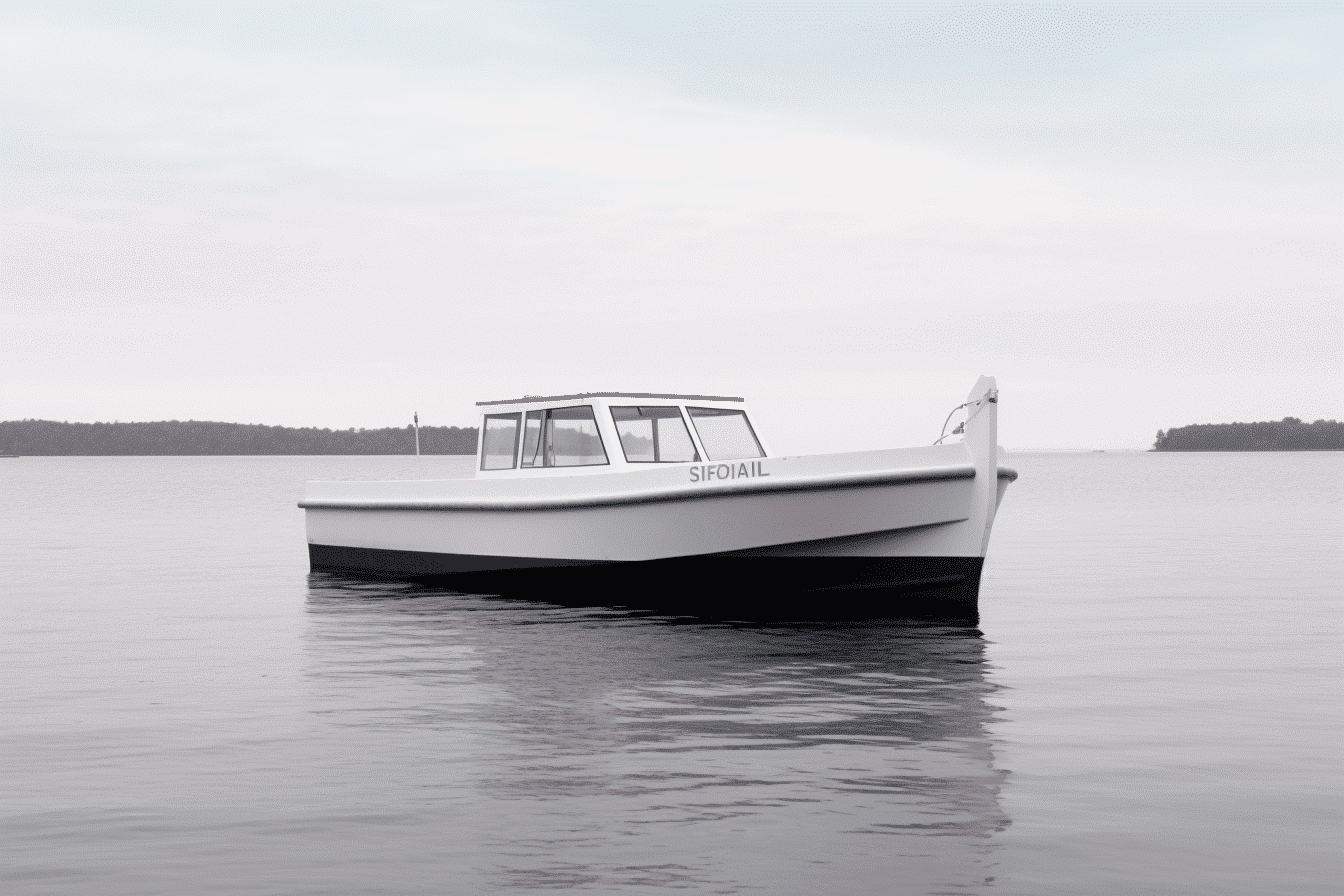Swedish tech company Candela Technology AB has stunned the maritime world with the introduction of the Candela P-12, the world’s inaugural electric hydrofoiling passenger vessel. What’s even more astonishing is that the company is gearing up for serial production of this groundbreaking innovation, mere months after first announcing the concept in June 2022.
This remarkable achievement is the result of Candela Technology’s relentless pursuit of revolutionizing boating by creating an electric-powered vessel that not only champions sustainability but also outperforms traditional fossil-fueled boats while remaining cost-effective.
The P-12, like its predecessors, relies on computer-guided hydrofoils to lift the hull out of the water, effectively reducing friction, which has been a significant hurdle in the adoption of electric, high-speed vessels. This ingenious innovation addresses the primary challenges faced by electric boats: limited range and slow speeds due to the substantial energy consumption of conventional hulls.
The digital flight control system of the Candela P-12 takes over once the vessel is airborne, making real-time adjustments to the hydrofoils a staggering 100 times per second. The result? A top speed of 30 knots, setting a new record for electric passenger vessels, and an impressive range of up to 50 nautical miles. This range marks a significant milestone as the first electric ship with the practical endurance to meet the demands of coastal transport.

Erik Eklund, Director for Commercial Vessels at Candela, highlights the importance of this achievement, stating that the P-12 offers more than just a faster and more comfortable electric alternative to fossil fuel-powered vessels. It enables operators to transition to sustainable vessels that are not only environmentally friendly but also cost-effective and profitable, marking a vital step towards cleaner oceans and lakes.
The economic benefits are substantial, with operators expected to reduce their “fuel” costs by up to 90% compared to diesel vessels. Additionally, the C-POD motors require minimal servicing, further contributing to cost savings. Moreover, the vessel’s design is optimized for single-crew operation, reducing operational expenses.
The Candela P-12 is not a one-size-fits-all solution. It comes in three distinct versions to cater to a wide range of passenger and business needs. The Shuttle configuration seats 30 passengers and stands out as an eco-friendly commuting option with the lowest operational costs in the industry. Its design even includes space for bicycles, promoting the integration of cycling with public transport.
The Business version offers a premium interior with seating for 12 to 20 passengers, along with ample luggage space. Meanwhile, the Voyager version is highly adaptable, allowing for customized interior designs to meet the preferences of both private leisure and commercial clients.
Gustav Hasselskog, founder of Candela Technology, envisions the P-12 as a versatile platform that will transform water travel for various clients, including public transport fleets, VIP services, and private customers. The innovation promises to revolutionize how we traverse waterways while advancing the cause of clean and sustainable maritime transport.
In a world increasingly focused on environmental sustainability, the Candela P-12 emerges as a pioneering solution that not only meets the demands of modern travel but also underscores the immense potential of electric-powered vessels to lead the way toward a cleaner and more efficient maritime future. Candela Technology’s unwavering commitment to excellence and sustainability has certainly set a new standard in the world of passenger vessels.
